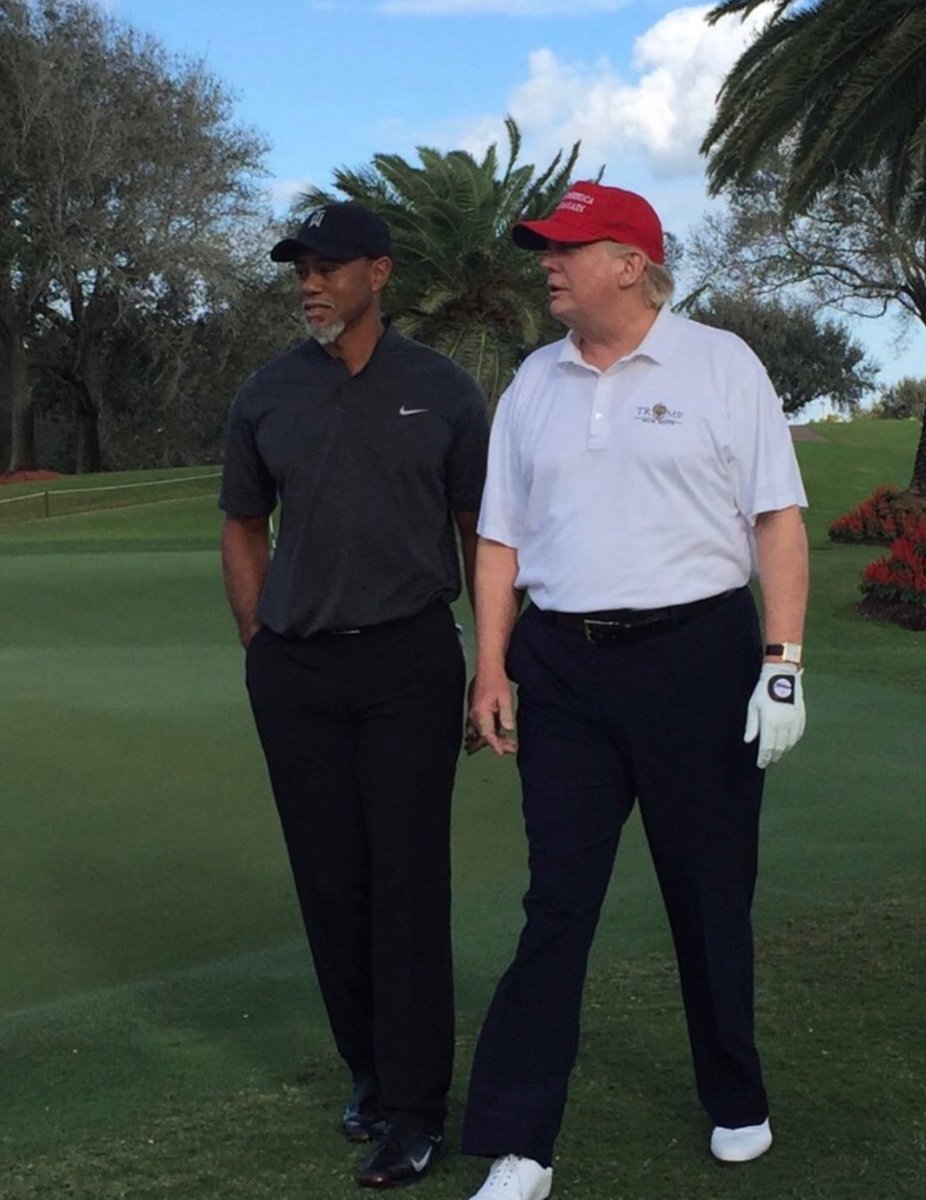Then circumstances changed. As the productivity of other countries rose faster than Americas in the rush of recovery from the war, exchange rates initially set in the late 1940s should have been adjusted to reflect the changes in relative productivity. But for various reasonsin part because of the U.S.s desire during the Cold War to strengthen the economies of its alliesexchange rates were held steady, and was reflected in the U.S.s balance of international payments, which went into a steep deficit as America increasingly imported more than it exported. In 1971, the United States ran its first trade deficit$1.3 billionsince 1888. The dollar was at that time convertible into gold, and the metal flowed out of the country as foreign exporters cashed in their dollars for something they deemed safer for the long run.
Despite government efforts to stem the deficit, it only continued growing. In 1972, President Nixon threw out the postwar fixed-rate system by refusing to make further gold payments and letting the value of the dollar be determined by the forces of the currency markets. That provided some relief for America as currencies adjusted to more realistic exchange rates, but many countries continued to maintain substantial barriers to imports and began buying and selling dollars in efforts to keep their currencies somewhat undervalued versus the dollar. By 1980, Americas trade deficit was nearly $20 billion and growing, as globalization broadened.
These shifts represented departures from those crucial base-state theoretical conditions upon which free trade depended. First, the advent of shipping containers and the construction of huge vessels dramatically reduced the costs of international transport. Also, trade that in the past had been largely in commodities came to be dominated by the manufactured goods of industries characterized by economies of scale, such as steel, cars, and chemicalswhich violated another theoretical assumption in the argument for free trade.
Further deviating from those assumptions were the policies of major trading countries such as Japan, which accounted for half of the U.S.s trade deficit. In theory, nations were expected to concentrate on producing and exporting what they did best while importing most everything else. But, like Alexander Hamilton and a number of early American leaders, Japan and others chose not to go along with that thinking. Some of the key elements of Japans approach were a focus on exports, the protection of domestic markets, government-guided investment in industries that featured economies of scale (steel, ship-building, and semiconductors, to name a few), and the management of the yen to be undervalued versus the dollar. As an architect of Japans strategy, Naohiro Amaya, explained to me for my 1988 book Trading Places, We did the opposite of what the American economists told us.


